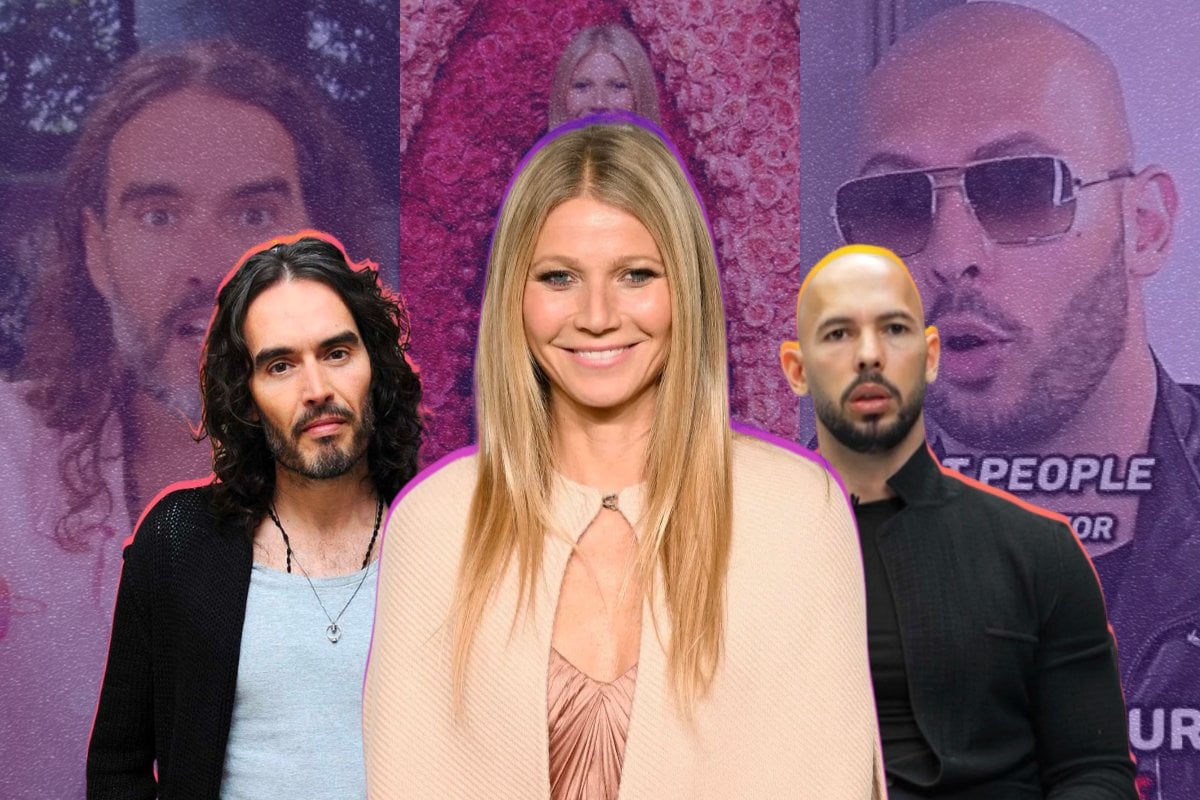
There was a time when the name Gwyneth Paltrow sparked associations with Sliding Doors and fruity baby names.
Today, it conjures images of taupe furnishings, of ‘health’ supplements, of bone-broth diets, of jade eggs that strengthen the muscles of the vagina, and of candles that claim to smell like one.
And today — well, last week — the name Gwyneth Paltrow was associated with a courtroom drama so comically posh it could be lifted from the pages of a Hollywood satire. In case you missed it, the details are here. But basically, she was accused of skiing into a retired dentist in Utah (an incident for which she was found to be 'not at fault', thank you very much).
Gwyneth is no longer just a former actor. She is goop, the online self-care juggernaut she founded in 2008. By selling 'clean' beauty, fashion and homewares to millions — couched in the promise of a serene, healthful lifestyle, which she wholeheartedly embodies — Gwyneth has become a wellness guru.
Watch: Netflix's trailer for The Goop Lab With Gwyneth Paltrow. Post continues after video.
Helen Lewis, a British journalist and staff writer at The Atlantic, recently released a BBC podcast about the creation of thoroughly modern gurus like Gwyneth. It’s called The New Gurus, and it delves into how and why these figures have embedded themselves so effectively (and often profitably) into our culture.

